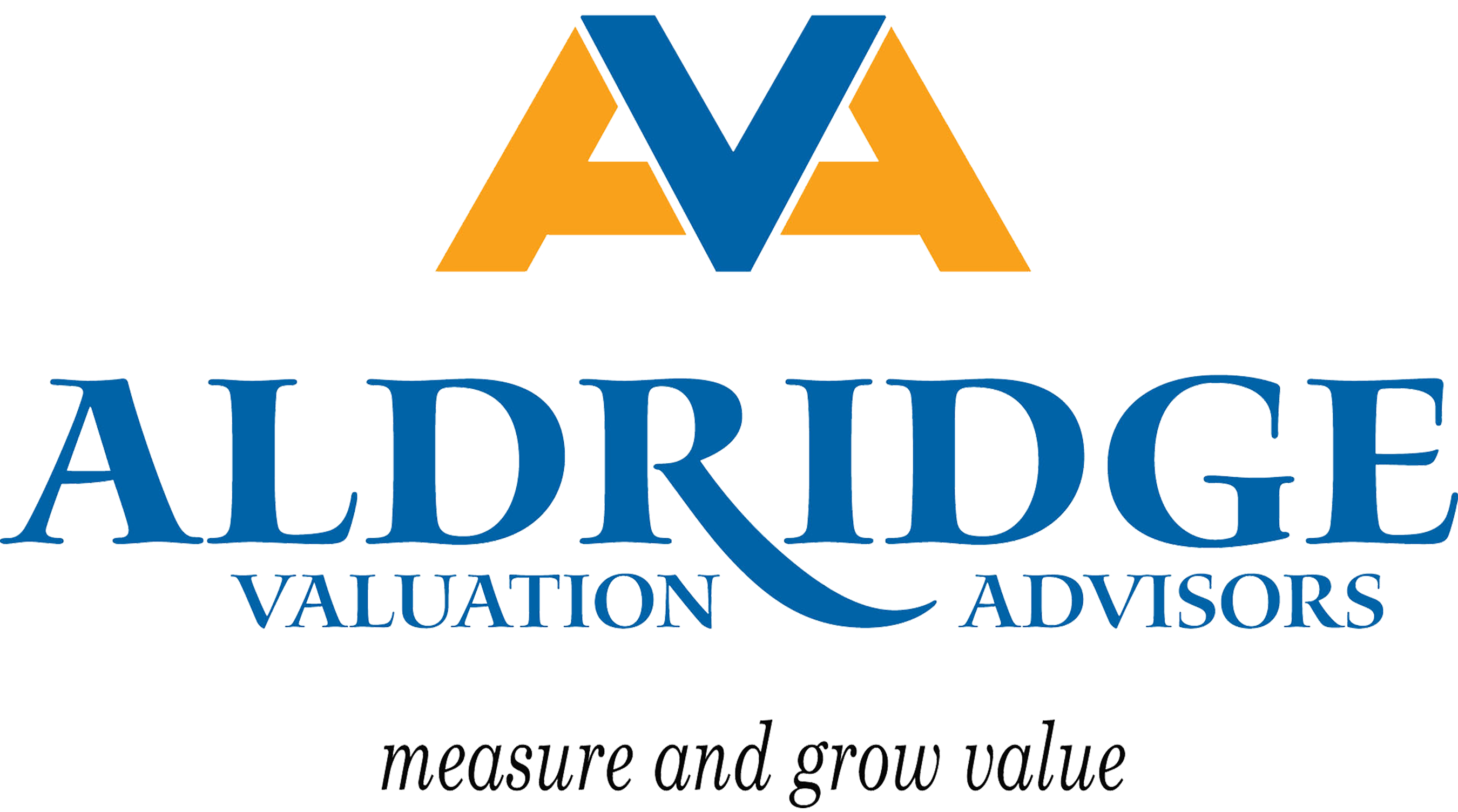In today’s blog, I share more conversations I have had with business owners over the years regarding valuation. Some of the details of these conversations will be left out in order to protect the privacy and confidentiality of the business owner.
A business owner recently asked me, “Gary, what steps do I need to take to maximize the value of my company today?” I replied with three steps:
1. Start now
I’ve had business owners reply, “But Gary, I am not ready to sell my business for a few more years. Why should I start now?”
I always answer that whether you plan to sell your business in the next 1, 3, 5, 10 years, you should start preparing for a sale. There are several reasons for this.
a. Process: Exit planning is a process of executing good, sound business principles over time. These are things you should be doing anyway such as maximizing earnings, trimming costs, making your operations more efficient, removing bottlenecks in sales, operations administration, and establishing management succession, diversifying your customer base, etc.
b. Be prepared: You can’t control the timing of the sale. There are several factors that determine when a business transaction is done. Some of these include when a buyer is interested in your business and has cash or access to cash to buy it. The buyers time frame may differ from yours, and most likely will.
Here is a little side story: A buyer made an offer on a company where I was working. The owner politely said “not interested,” as he did on a regular basis since he frequently received inquiries. Except this time, the prospective buyer pressed a little harder. “How much do you want for your company?” The owner threw out a high number. The buyer said, “Ok,” and thus the sale was in progress. The owner was not looking for a buyer and really wasn’t interested in selling, but someone walked up with a price he couldn’t refuse. We closed the sale of that business within a few months.
So, by starting the process now, you will be prepared and receive maximum value when the moment occurs. If a buyer comes along sooner than expected, great, you can evaluate that opportunity. But if the buyer comes along later than expected, you will reap the benefits of a well-run company.
 2. Leverage yourself
2. Leverage yourself
The more you can leverage yourself, the more the value of your company increases.
Many business owners are used to being heavily involved in the day-to-day sales and operations of the business. After all, the owner started the business and is used to performing all of these tasks because, at first, there was no one else around to do them.
But now that you are considering a sale, think through the eyes of the buyer. If the business will not run effectively without your involvement, then the buyer will probably heavily discount the price because they will have to insert management. However, if they can buy your business and add it to their portfolio with minimal changes, then the value increases as risk decreases.
Ask yourself this question, “Am I spending 80% of my time with new and existing customers?” If not, then identify those things keeping you from doing so and delegate them to someone else whether to your existing team, or outsource where needed.
3. Be objective
We all think our baby is the cutest, right? However, others may have a different opinion.
When it comes to the business owner, he or she thinks their business is worth more because they started this business from scratch, took excessive risks, and worked long, hard hours to make it successful. All of which are to be commended. Naturally, the owner wants payment for the “blood, sweat and tears” put into the business. In business terms, this is called goodwill. Sometimes, a buyer will pay some goodwill for the business because it still meets the criteria for acquisition.
Recently, I was evaluating a purchase opportunity for my client. I calculated what I thought was a fair price for the business. When talking with the broker involved, I learned his asking price was substantially higher than what I thought it was worth. When I asked what made up the difference between my calculation and his, the broker said, “That is for 30 years of effort into the business.”
We passed on the opportunity. In fact, many deals don’t get done because an owner has a higher view of the business value than the buyer. So be objective about what your business is worth and try to leave the emotional attachment out of it.
Ask yourself this question, “If I was buying this business, what changes would I make? What are its strengths and weaknesses?” No one can answer this question better than you. So, ask it and make the changes that are needed.
